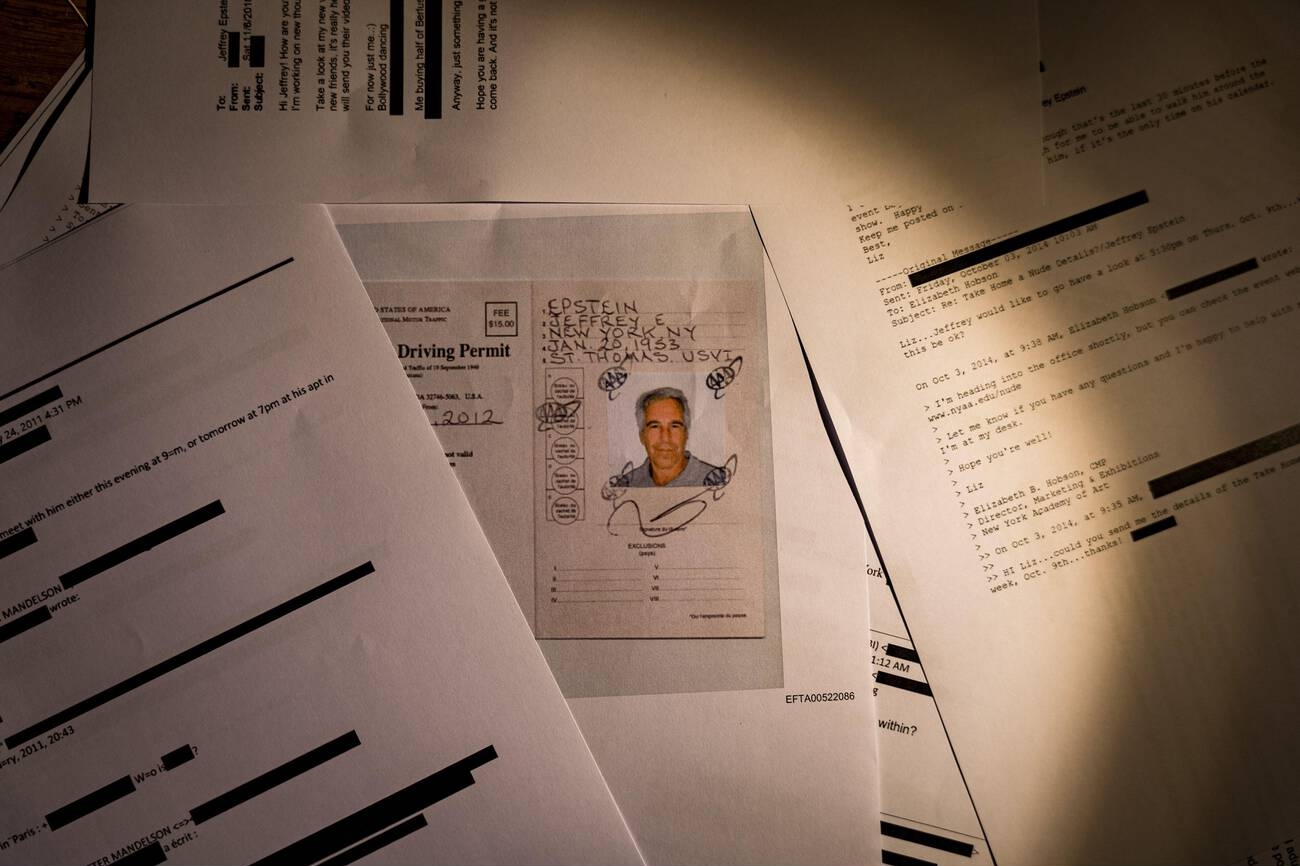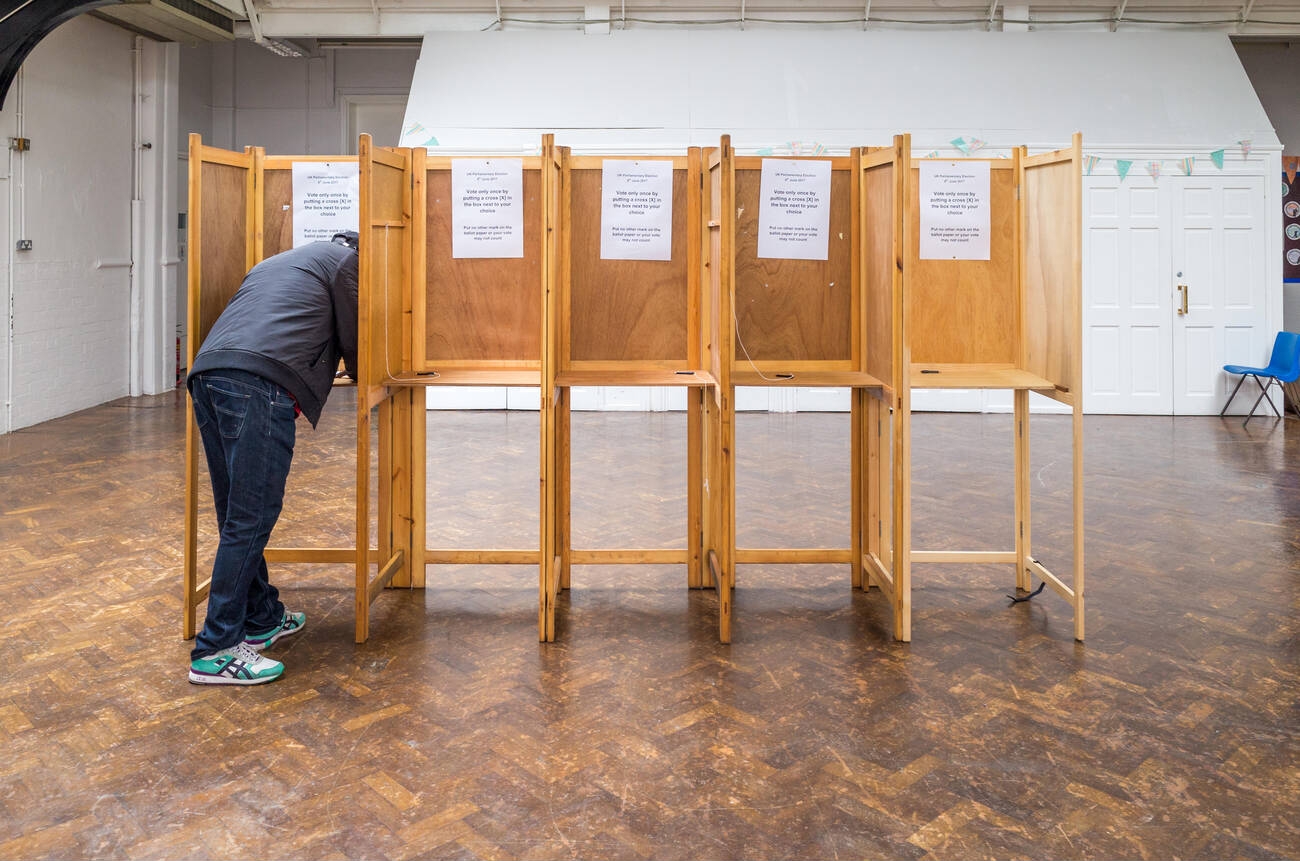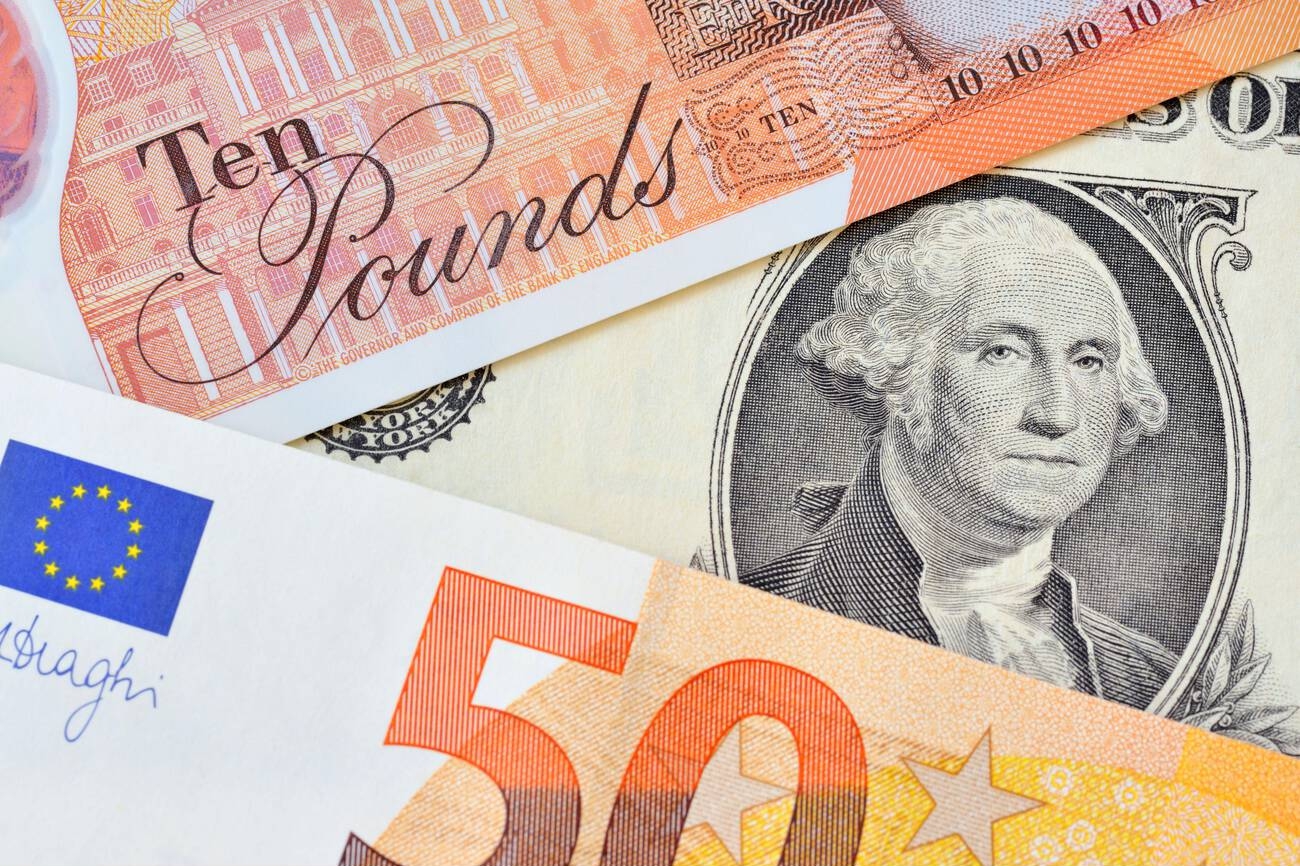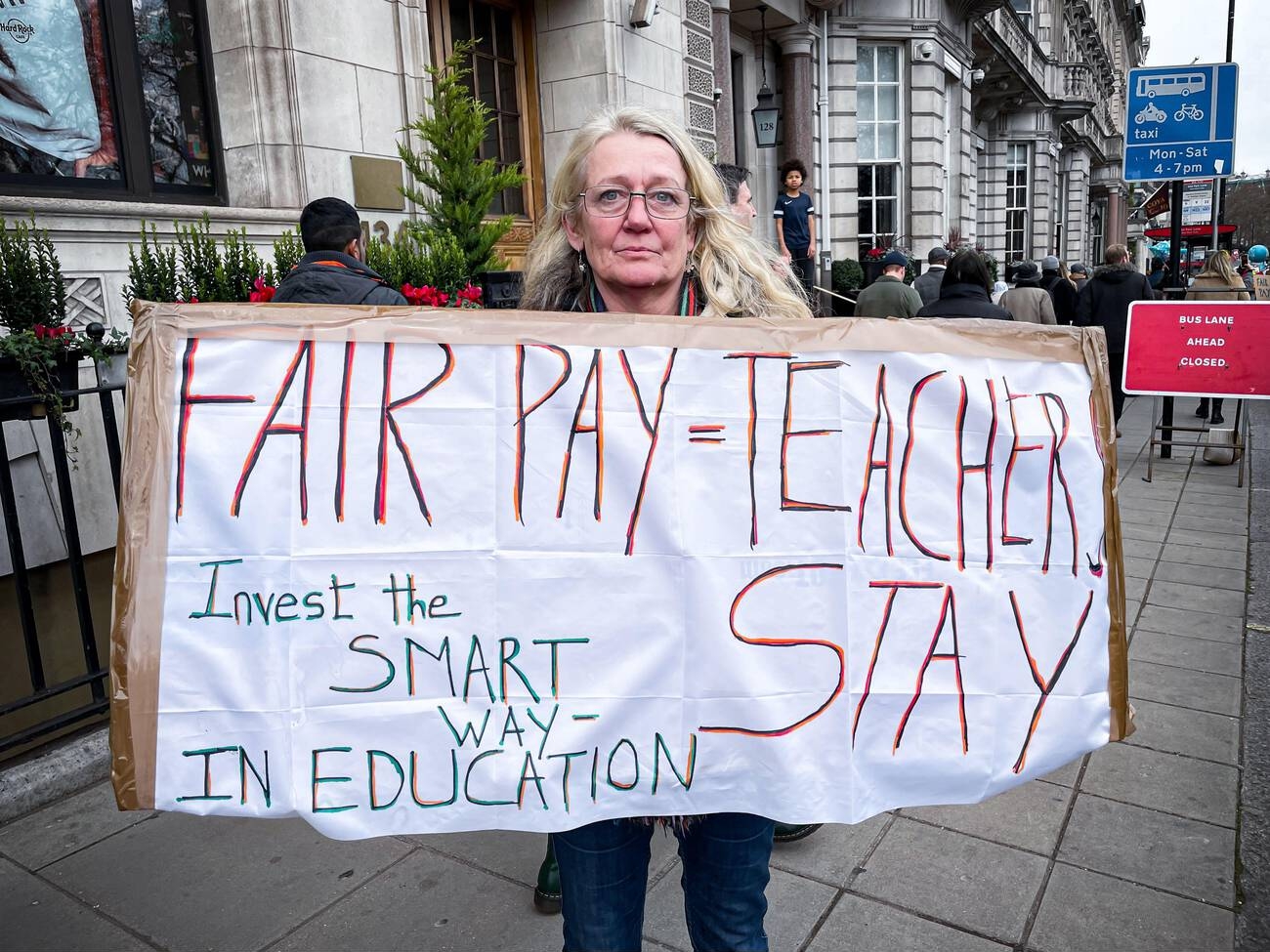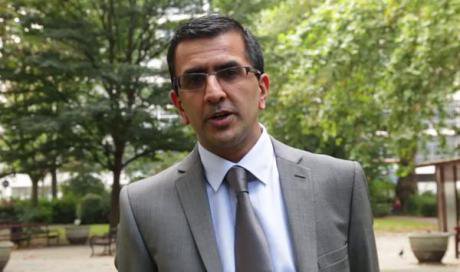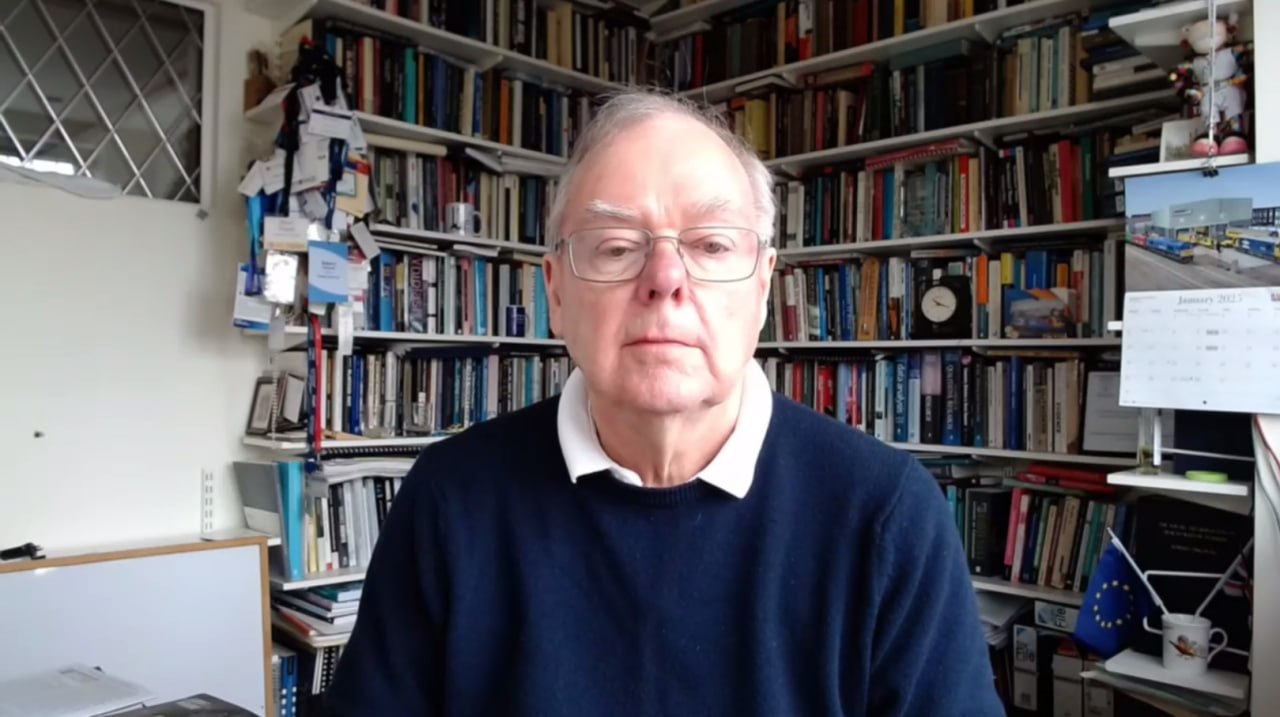The UK Government’s Debt Crisis: More Borrowing, Less Spending
As concerns over rising public debt dominate headlines, the UK government continues to justify spending cuts and fiscal restraint
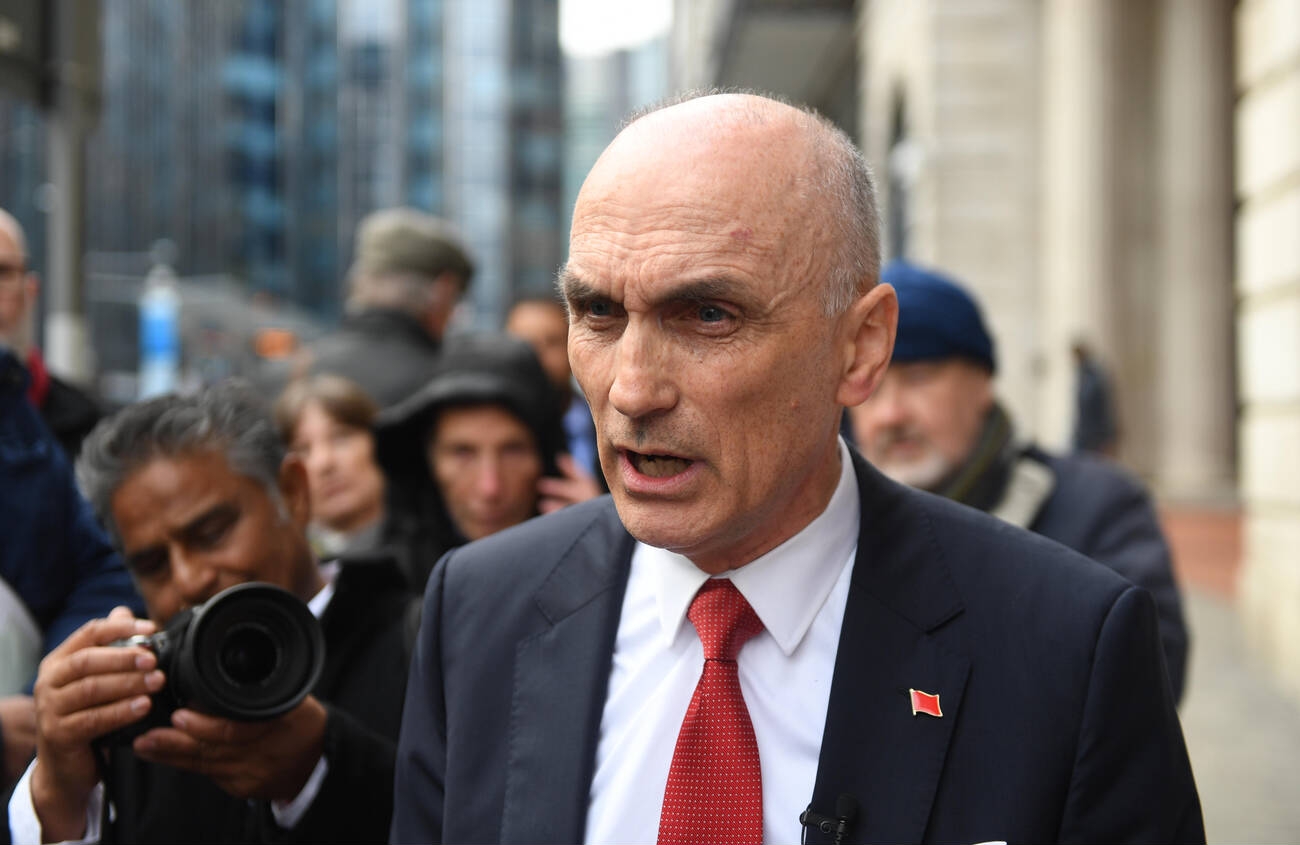
As concerns over rising public debt dominate headlines, the UK government continues to justify spending cuts and fiscal restraint in the name of economic necessity. But is this narrative based on sound economics—or political ideology? Former MP Chris Williamson offers a bold critique, arguing that the so-called debt crisis is a manufactured myth used to prop up a financial system that benefits the wealthy few at the expense of the broader public. According to Williamson, the real issue isn’t how much the government borrows, but how it chooses to wield its sovereign power to create money, invest in society, and shape the future. It’s time to challenge the orthodoxy and reimagine what responsible governance really looks like.
1-How does the current level of UK government borrowing and national debt compare historically, and what are the key economic risks associated with borrowing at over 5% of GDP?
The first thing to say is that the question is based on a completely false premise.
The reference to government borrowing is a misnomer. The government does not actually borrow money at all; it sells interest bearing bonds to super-rich oligarchs and large corporations. It’s actually a form of corporate welfare offering a guaranteed risk-free return on investment.
But the govt doesn’t need to sell bonds to finance its spending requirements because it has access to as much money as it requires because it issues the currency.
The only constraint on govt spending is the availability of real resources in the economy, i.e. workers, natural resources, materials, infrastructure etc.
So rather than selling bonds, the govt could simply engage in overt monetary financing instead. That would enable the creation of a good society by investing directly in improving the UK’s infrastructure and public services to bring them up to a standard commensurate with an economy that is the sixth biggest in the world.
2-What impact do rising interest rates have on the cost of servicing the UK’s national debt, and how might this constrain government spending on public services and infrastructure?
As I have already explained, this is a self-inflicted wound because bond sales are unnecessary. The rise in the interest rates is caused by the Bank of England trying to offload govt. bonds, that it purchased during the Covid crisis, to a reluctant market. That is why the bond yields have been increased to encourage the super-rich spivs to buy them.
But the Bank of England is owned by the govt and the chancellor could order the BoE to stop the sales forthwith, but she has sat on her hands while the BoE engages in a process that is detrimental to the national interest.
3- In what ways do fluctuations in gilt yields affect the UK government’s fiscal flexibility, and what are the implications for borrowing costs and investor confidence?
Again, I come back to my original point. We have had a floating fiat currency since 1971, when Richard Nixon jettisoned the Bretton Woods Agreement, which linked pound sterling to the US dollar.
So in terms of fiscal flexibility, it has no realistic effect, although the politicians and the media claim otherwise. But they are peddling a myth to justify sustaining the disastrous financialized economy that was foisted on the country by Margaret Thatcher’s regime nearly half a century ago. Although Denis Healey paved the way for Thatcher, when he needlessly went to the IMF in 1976 on a false premise, which was a gross betrayal of the country and the manifesto on which he was elected in 1974.
But rising interest rates obviously does deter investment in private sector businesses when that investment is made via bank loans. This leads to stagnation and unemployment, resulting in a reduction in aggregate demand in the economy and a downward spiral ensues.
4- How might the government balance the competing pressures of curtailing public spending and raising taxes to meet fiscal rules without exacerbating economic slowdown or political backlash?
Well, as I have already explained, the govt issues the currency, so the fiscal rules they are applying are completely bogus. In the same way that bond sales are not necessary to facilitate govt expenditure, nor are taxes.
Taxation is essential to control inflation by preventing the economy from overheating. Taxation also generates a value for the currency, because our taxes have to be paid in pound sterling.
Taxation can also be used to both encourage and deter consumer spending in particular directions and it can be used to address economic inequality, too.
Furthermore, an interventionist govt that sought to create a good society could use taxation to ensure there is space in the economy for its spending priorities by taxing out competition from the private sector for limited resources.
But that would only be necessary where the economy was overheating which would lead to an inflationary pressure if it wasn’t addressed. That would mean the govt would either have to scale back its spending programme or, as I have already said, tax out the competition from the private sector
5- What are the potential consequences of the Bank of England’s quantitative tightening program on government debt management and the broader financial markets?
This is what I referred to above where the BoE is selling off govt bonds that it previously purchased. What happened in reality is that the govt effectively bought its own bonds because the BoE is owned by the govt. But this is a completely ludicrous situation, brought about by this madcap financialized economy that serves wealthy elites at the expense of everyone else in the country. In other words, it’s the 1% taking all the benefits at the expense of the 99%.
6- How can the government’s use of broader debt measures, such as public sector net financial liabilities (PSNFL), provide a more accurate picture of the UK’s fiscal health and debt sustainability?
The PSNFL is pretty much an academic exercise. Yes, it gives an overview of govt liabilities, but it should not be used as a propaganda tool to defend the economic status quo.
The govt. has enormous flexibility to build a good society where poverty is eliminated and where everyone can live out their life in dignity. It is a political choice not to do that, and those who have gained from the financialization of the economy use their enormous wealth to wield political influence over the nation’s policy makers. That is why we need to hit the reset button, because our system is completely broken.

